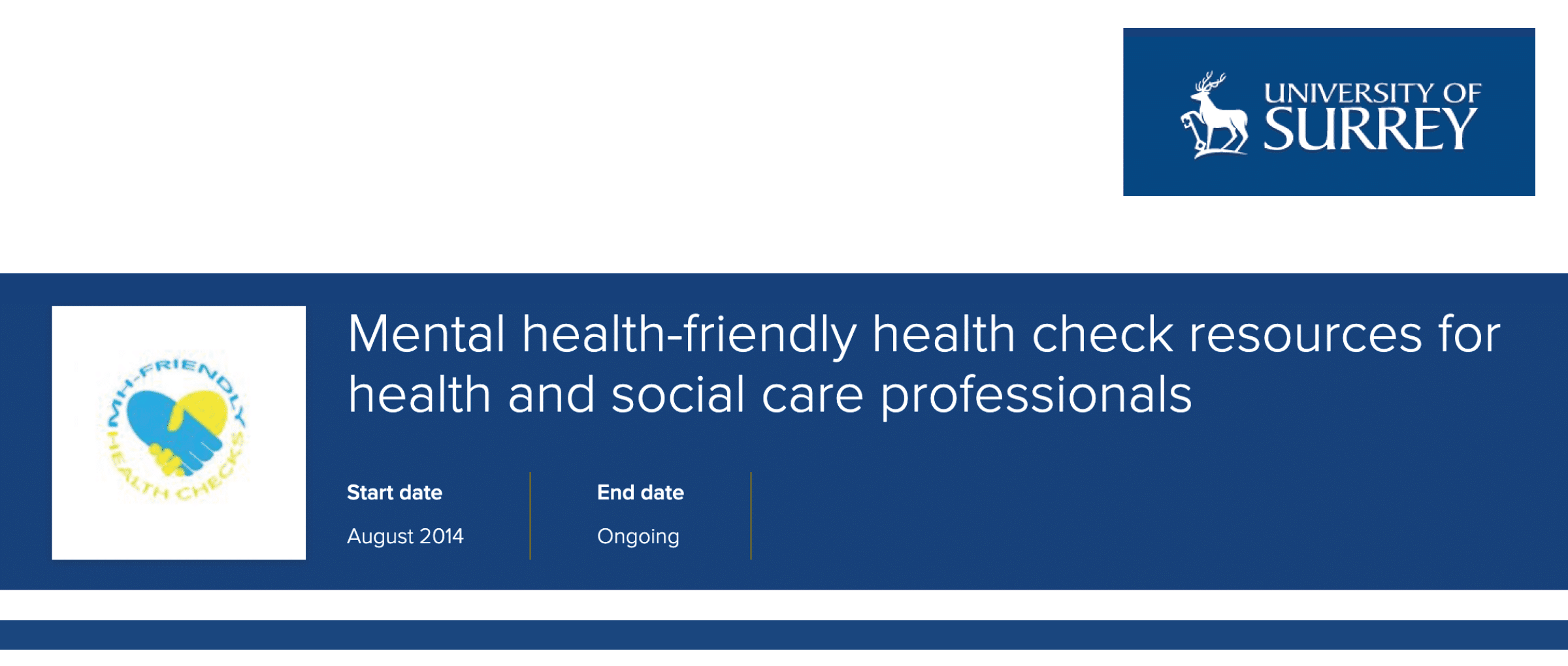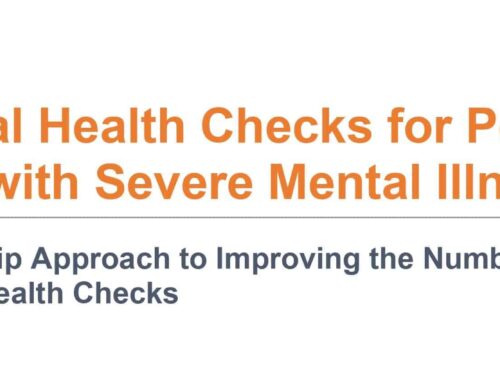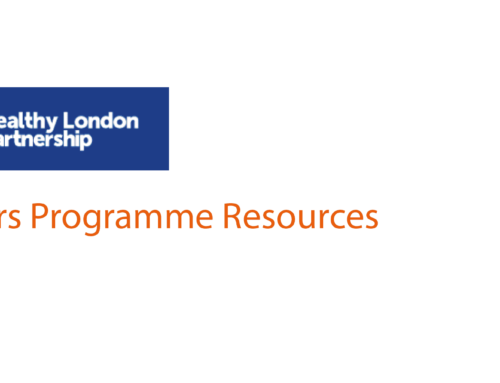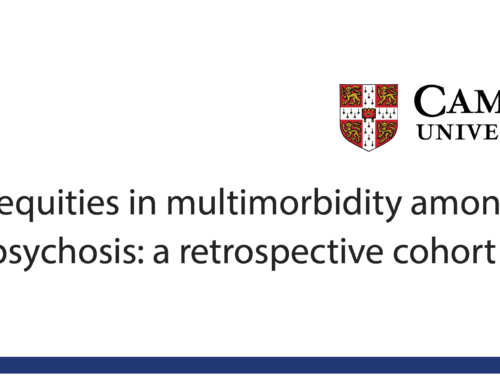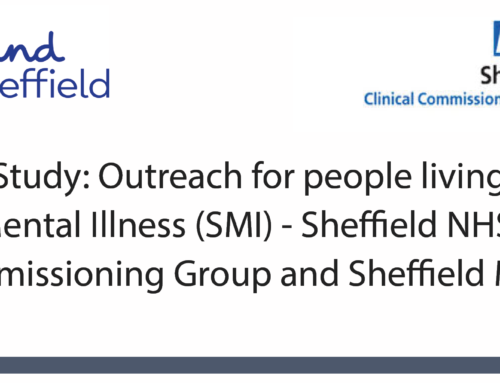Project Description
University of Surrey Mental health-friendly health check resources for health and social care professionals
About them
The page is dedicated to providing information to health and social care professionals involved in providing health checks to people who might find taking part in them difficult. There are some articles which they have produced around different types of physical health checks, but so far, their work has been mostly around cancer screening and in particular cervical cancer screening. Below you will find this work plus related work by others who have kindly allowed them to share it.
Research type
- Systematic reviews
- Mixed methods.
Mental health-friendly cancer screening
In a series of studies (see publications below), they have identified barriers to cancer screening access and uptake among people diagnosed with a severe mental illness, such as psychosis or bipolar disorder. Within this group, there is a high prevalence of people who have experienced victimisation or trauma such as sexual and/or domestic violence (Khalifeh et al., 2016). Having survived a traumatic experience has been identified in the literature as one of the key barriers to attending cervical cancer screening (Clifton et al., 2016; Lamontagne-Godwin et al., publication in preparation). Research has shown a reduced likelihood in this group of attending cancer screening in comparison with the general population, in the region of 20-60 per cent (Aggarwal et al., 2013; Fujiwara et al., 2017; Inagaki et al., 2018; Woodhead et al., 2016). Cancer mortality is 30 per cent higher in people with severe mental illness than in the general population (Kisely, Crowe, and Lawrence, 2013).
In order to address some of these barriers in relation to cervical cancer screening, we have developed an ‘informed choice leaflet’, which supports women’s decision-making of whether to attend screening. This is designed to help anyone with a cervix who finds cervical cancer screening difficult for any reason. An animated video, depicting some of the key features of the leaflet, was also developed.
In the course of our work, we have identified several other resources which can help address this health inequality. These include physical resources for health professionals and specialist services (such as cervical screening clinics for those who have experienced sexual violence or female genital mutilation/cutting (FGM)). Currently, these resources are only available to, or even known about by, a small number of people local to the where the work was conducted.
We have produced this online resource, hosted by the University of Surrey, which draws together all these existing resources (including the cervical screening leaflet and animated video) and to which new work can be added.
Aims
To help people who typically find it hard to attend cancer screening to make an informed decision as to whether to attend, and, if they want to take up screening, to make it easier for them to attend. This resource is designed to help clinicians and researchers working with people who find it hard to take up screening to:
- Access resources to use with patients/people to be screened
- Share knowledge about best practice in order to develop effective interventions and services
- Share knowledge to identify unmet needs in order to raise awareness and to influence policy changes and local service development
- Share data around their use of this resource so that we can understand and increase its impact.
Click here to view their web page
Resources
They have also shared a number of other helpful resources from other projects and organisations which can be found on their web page.
Resource added with permission in February 2021

